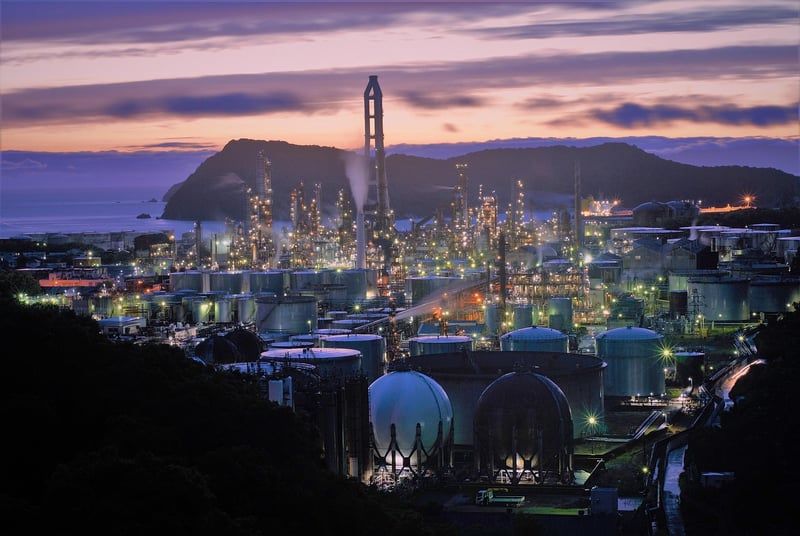Industrial Revolution
Exploring Past Eras: The Industrial Revolution
The Industrial Revolution was a period of profound transformation that forever changed the landscape of society, economics, and technology. Spanning from the late 18th to the early 19th century, this era marked a shift from agrarian and handicraft economies to industrialized ones, powered by advancements in machinery and manufacturing processes.
Key Features of the Industrial Revolution
- Rapid urbanization: The migration of people from rural areas to cities in search of employment in factories.
- Technological innovations: Inventions like the steam engine, spinning jenny, and power loom revolutionized production methods.
- Factory system: Centralized production in large factories replaced decentralized cottage industries.
- Social changes: The emergence of a new working class, labor movements, and the beginning of modern capitalism.
- Impact on the environment: Increased pollution and exploitation of natural resources marked the downside of industrialization.
Why the Industrial Revolution Matters
The Industrial Revolution laid the foundation for the modern world we live in today. It sparked innovation, economic growth, and social change on a scale never seen before. The period also brought about challenges such as labor exploitation, environmental degradation, and economic inequality, highlighting the complex nature of progress.
Exploring Industrial Revolution Sites Today
While many remnants of the Industrial Revolution have faded over time, there are still sites around the world where you can explore this transformative era:
- Cromford Mills, UK: The first water-powered cotton spinning mill built by Richard Arkwright in 1771.
- Lowell National Historical Park, USA: Preserves key sites of America's first large-scale textile mills.
- Museum of Science and Industry, Manchester, UK: Showcases the industrial heritage of Manchester, a key city during the Industrial Revolution.
Reflecting on the Lessons of the Industrial Revolution
Studying the Industrial Revolution allows us to understand the power of innovation, the importance of labor rights, and the need for sustainable industrial practices. It serves as a reminder of the impact of human ingenuity on society and the environment, urging us to strive for progress while considering the consequences of our actions.

Exploring the Industrial Revolution offers a glimpse into a pivotal period in history that continues to shape our world today. By learning from the successes and failures of the past, we can navigate the challenges of the present and build a more sustainable future.
